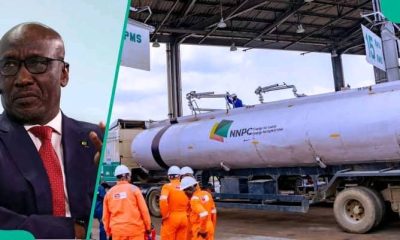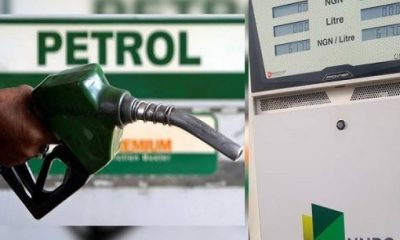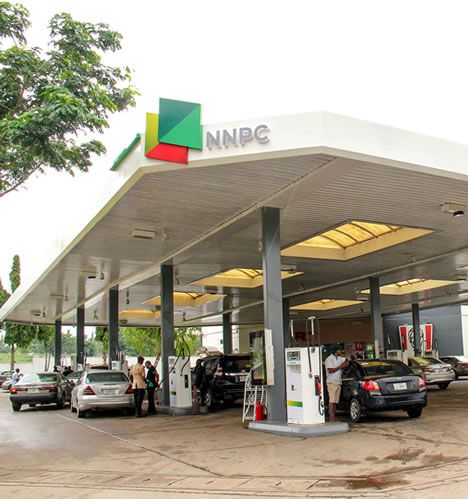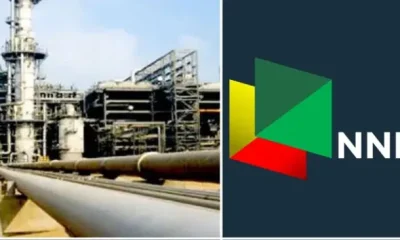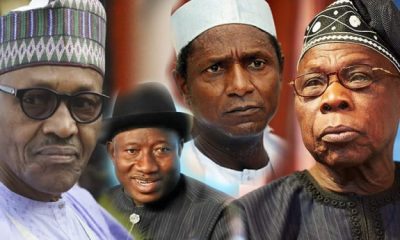News
NNPCL Inconsistent, Not Transparent – World Bank

The World Bank has leveled serious accusations against the Nigerian National Petroleum Company Limited (NNPCL), alleging inconsistencies and a lack of transparency in its financial reporting to the Federal Account Allocation Committee (FAAC).
In its Accelerating Resource Mobilisation Reforms (ARMOR) Report released in May 2024, the World Bank highlighted concerns over NNPCL’s opaque financial practices, which have hindered the accurate calculation and transfer of oil revenues to the Federation Account.
EDITOR’S PICKS
- ‘I Feel Sorry For Joshua’ After Knockout Loss To Dubois – Fury
- EPL: What We’re Lacking Is Luck – Ten Hag Reacts After Loss To West Ham
- REVEALED: Why TCN Is Struggling To Resolve Power Outages In Northern States
EKO HOT BLOG reports that the report states that NNPCL’s inconsistent and incomplete reports to FAAC make it difficult for authorities to oversee the company’s performance and accurately determine the amount of revenue due to the Federation.
Key information, such as details on pledged revenues, the tradeable value of crude oil, actual payments, and global trade receipts, is often missing from these reports.
Furthermore, the World Bank criticized NNPCL’s quasi-fiscal activities, such as the acceptance of in-kind revenues in the form of crude oil and the direct deduction of costs from revenue, which further obfuscate the company’s financial operations.
The report also highlighted NNPCL’s commitment to supply 35,000 barrels of crude oil daily to stakeholders in exchange for a 20% equity stake in the Dangote Refinery. While the projected value of this deal was significant, the actual reported revenue fell short of expectations.
The World Bank emphasized Nigeria’s reliance on oil and gas revenue and the impact of declining production and increased subsidy costs on government finances.
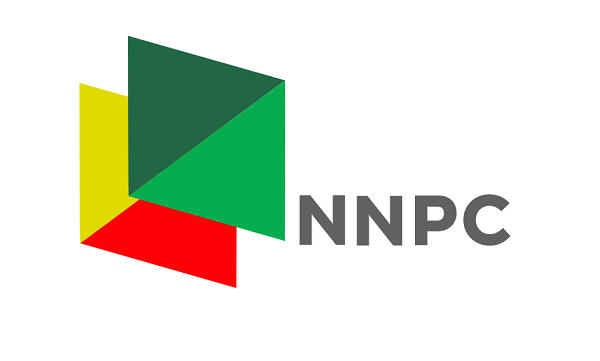
1.5 Billion Litres In Stock
The report noted that despite rising international oil prices, net oil and gas revenues transferred to the Federation decreased due to production challenges and the gasoline subsidy.
The NNPCL’s retention of oil and gas revenues for specific projects, such as the gas pipeline to Morocco, and its use of future revenue pledges as a substitute for cash payments further complicate the financial picture.
FURTHER READING
- Oko-Abe Community High School Nears Completion as Rep Wale Raji, Education Commissioner Tolani Alli-Balogun Inspect Epe Schools
- NLC Knocks IMF Over Fuel Subsidy Removal Denial
- N3 Billion Fraud: Labour Ministry Summons National Assembly Staff Leadership
Advertise or Publish a Story on EkoHot Blog:
Kindly contact us at [email protected]. Breaking stories should be sent to the above email and substantiated with pictorial evidence.
Citizen journalists will receive a token as data incentive.
Call or Whatsapp: 0803 561 7233, 0703 414 5611


